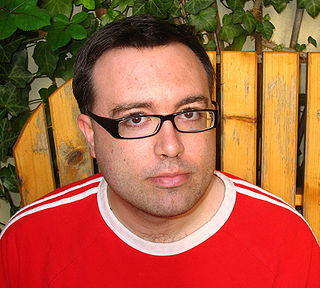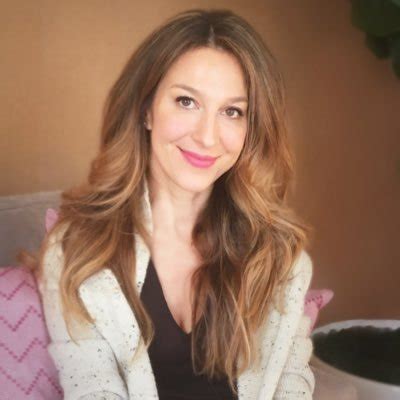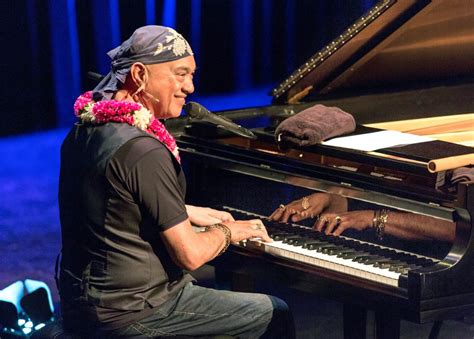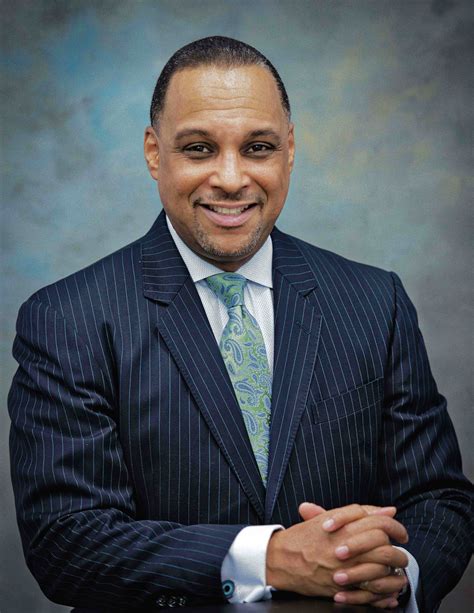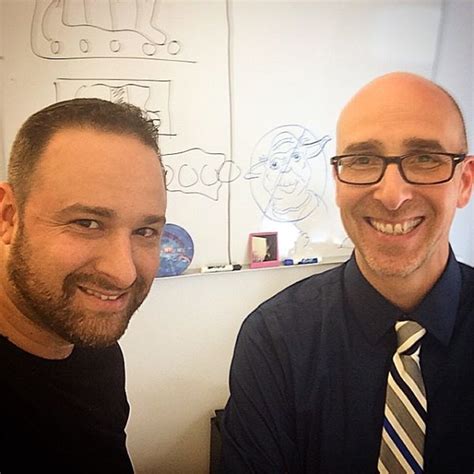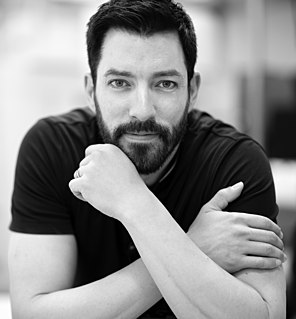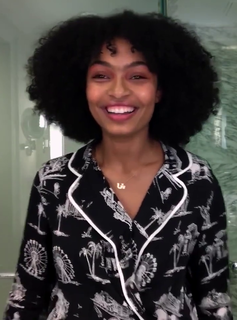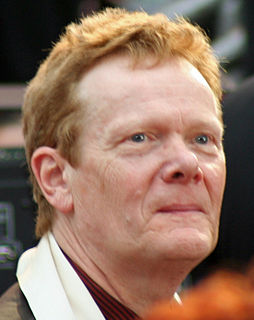A Quote by Fred Van Lente
No matter what age we are, regress to a certain youthfulness with people we've known our whole lives, especially our parents. And since I've written the brothers as young people a lot - most notably Archer & Armstrong #0 and the upcoming Book of Death: Legends of the Geomancer #4 , it comes very naturally to me.
Related Quotes
I put a lot of emphasis on how to treat people. The reason for this is simple. The real success of our personal lives and careers can best be measured by the relationships we have with the people most dear to us - our family, friends, and coworkers. If we fail in this aspect of our lives, no matter how vast our worldly possessions or how high on the corporate ladder we climb, we will have achieved very little.
As parents, we should remember that our lives may be the book from the family library which the children most treasure. Are our examples worthy of emulation? Do we live in such a way that a son or a daughter may say, ‘I want to follow my dad,’ or ‘I want to be like my mother’? Unlike the book on the library shelf, the covers of which shield its contents, our lives cannot be closed. Parents, we truly are an open book in the library of learning of our homes.
As an advocate for kids for over twenty years, I have watched things change since I was in school. Thankfully, this book made me face what I intuitively knew was real but pretended wasn't: The youth of our culture have been deeply wounded by our collective neglect and adult-driven self-focus. Young people need adults to understand what they are going through and people to care about them without a personal agenda. This book was very helpful to me, and my attitude toward teens will never be the same.
To me, the main difference between young people now and the people I was young with isn't so much style, it's the relationships they have with their parents. Their parents like them much more than ours liked us. Our parents weren't our friends. But now I see my friends on the phones with their, what, 30 - year - old kids? And they're talking about feelings.
Death is a big theme in the book, illness. What is that? It's a fact that human beings - no matter who they are, no matter how healthy or strong or beautiful they are - are going to age and become weak and ugly by a certain standard, and die. And I think that's a terrifying idea for people to get their minds around.
When you're aware, from a young age, of how something plays in public, it makes you a young entrepreneur, whether you like it or not. I call most teenagers 'young entrepreneurs' because from a young age we're aware that our social media is building our brand. And if, when you're 13, you're concerned with building your brand, then "like" disparities matter.
I learned a lot about my parents, who were both teachers. I had known that my parents were very strongly in favor of education. I had known that they had an impact on a lot of people, but people came out of the woodwork who have said, "You know, without your father, I would never have gone to college," very successful people. And so I learned how widespread their educational evangelism really was.
